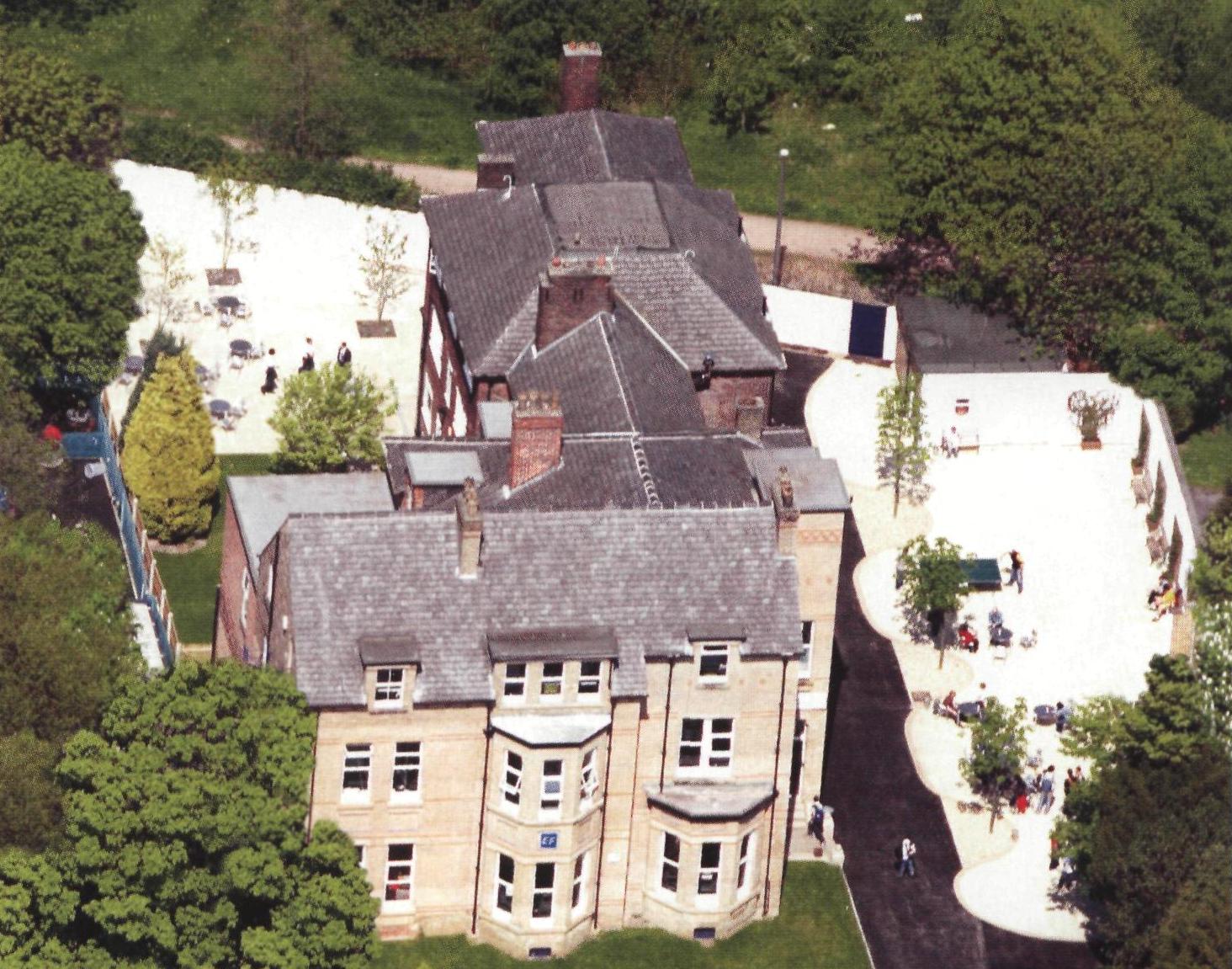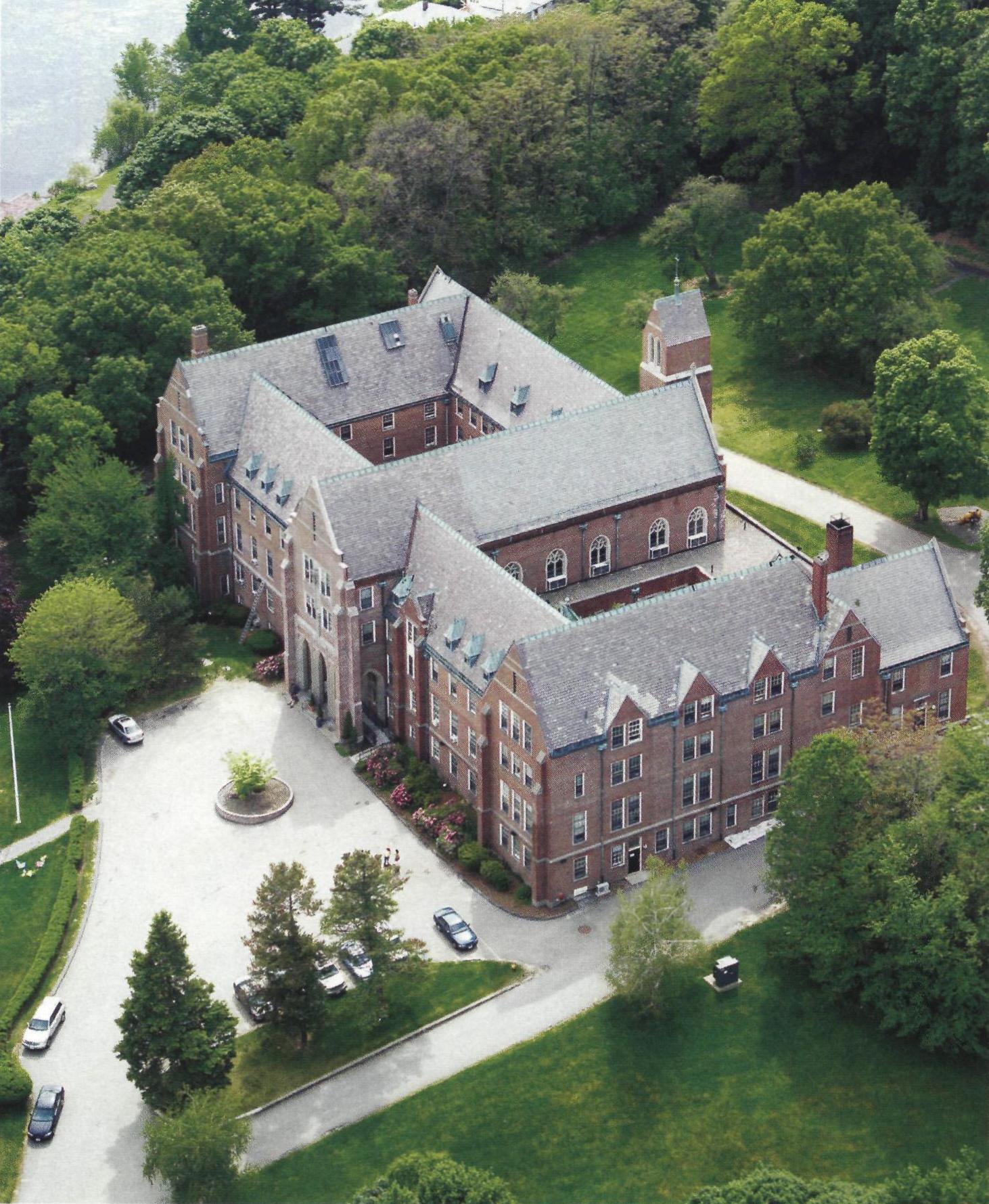
- •Unit II the way they study
- •1.1 Here are some university subjects but the letters are mixed up. What are the subjects?
- •1.2 Some of the subjects from the exercise above are arts (гуманитарные науки) and some are sciences (естественные науки). Write the subjects into the following columns.
- •1.4 What do the following university subjects study? Match a and b.
- •1.5 Read these sentences spoken by university students. What is each person studying?
- •1.6 Read the sentences in column a and find their opposites in column b.
- •1.7 Read and translate the sentences into Russian.
- •1.8 Match the words in column a with their definitions in column b.
- •1.9 Translate the sentences into Russian.
- •Student life
- •2.4 Look through the text and find English equivalents for the following Russian phrases.
- •2.5 Insert suitable words from the list below into these phrases.
- •2.6 Complete the following sentences.
- •2.7 Agree or disagree with the statements given below. In case of agreement repeat the statement, in case of disagreement correct it.
- •2.8 Look through the words given below and choose those which (in your opinion) could be used when describing student activities in Britain and the usa.
- •2.9 Answer the following questions.
- •2.10 Read the text and find information about:
- •2.19 In pairs or small groups speak on the following topics.
- •3 .1 Imagine you are interviewing the President of one of the American universities. What questions would you ask to get some information about:
- •3.2 Act also as a “president” and give brief information on the above mentioned topics.
- •3.3 Practise the conversation below with your partner, and then act it to the class. Make similar conversation about Russian universities with your partner.
- •3.4 Read the following dialogues. Be ready to act them out.
- •In the University Library
- •4.1 You have received a letter from your English pen friend Nick who writes
- •4.2 Write a letter to Nick. In your letter tell him about different student social activities (clubs and organizations) of your university. Ask 3 questions about the Wildlife Club.
- •Self – study
- •5.1 Look at the picture. Say what children are doing at the math class.
- •5.4 Are the sentences correct or incorrect? Correct the mistakes.
- •5.5 Choose the correct form of the verb.
- •5.7 Fiona is phoning Susan. She would like to meet with her. But Susan is very busy this week. Look at the notes in Susan’s diary and complete the conversation.
- •Tuesday
- •5.9 Put these sentences into the negative and the question.
- •5.10 Answer the questions about you.
- •5.11 Here are the past participles of some verbs. Write the infinitives.
- •5.12 Are the sentences written in Active or Passive?
- •5.13 Translate into Russian.
- •5.14 Choose the correct letter.
- •5.20 Translate into English.
2.8 Look through the words given below and choose those which (in your opinion) could be used when describing student activities in Britain and the usa.
Boring, enthusiastic, entertaining, dull, tiresome, initiative, annoying, encouraging, uninterested, funny.
2.9 Answer the following questions.
1. What is the popular image of student life in Britain and the USA? 2. Do all students study full-time at university or college? 3. What can you say about students that combine studies with work? 4. Are younger students thought to be lazy? 5. Do British students pay to go to university? 6. Do American students pay for their tuition? 7. What is grant? 8. What does financial aid package include? 9. When do many students take part-time jobs? 10. Why do many students in Britain and the US go to universities away from their home towns? 11. What are the advantages of living in a hall of residence? 12. What are the advantages of living with parents? 13. What is one of the highlights of the year in Britain? 14. What is one of the most important celebrations in American universities? 15. Do British and American students spend much time on social activities?
2.10 Read the text and find information about:
а. British colleges and universities
b. graduate and post-graduate degrees
c. forms of instruction

Most big towns in Britain have both a university and a college of higher education. Universities offer three- and four-year degree courses; colleges of higher education offer both two-year HND (Higher National Diploma) courses, as well as degree courses.
A degree is the qualification you get from university when you pass your final exams. You are then awarded a BA (Bachelor of Arts), BSc (Bachelor of Science) or BEd (Bachelor of Education).
Undergraduates, students who are studying for their first degrees, go to large formal lectures, but most of the work takes place in tutorials: lessons in groups of ten or more when the students discuss their work with the lecturer.
When you complete your first degree, you are a graduate. Some students then go on (continue) to do a second course or degree, called a postgraduate course or degree. These students are then postgraduates and they often get: an MA (Master of Arts), e.g. a Masters in English, an MSc (Master of Science), e.g. a Masters in biology or a PhD (Doctor of Philosophy) (minimum three years), e.g. a PhD in computer science.
The head of a department at a university is usually called a professor. An ordinary teacher or lecturer is not a professor.
2.11 Find the following words and expressions in the text and give their Russian equivalents.
College of higher education, offer a course, offer a degree course, pass final exams, be awarded a degree, undergraduate, complete the first degree, tutorial, lecturer, professor, do a second course, postgraduate.
2.12 Answer the following questions.
1. In your opinion, what is the title of the text? 2. What courses do English universities offer? 3. What is a degree? 4. What is a tutorial? 5. What degrees are British students awarded? 6. How is the head of department called?
2.13 Make a short summary of the text. Use the following phrases:
The title of the text is …
The text deals with … (speaks about…, presents…, shows…, is devoted to …, gives some information on …, discusses).
According to the text …
I think …
In my opinion…
2.14 Read the text and find information about:
a. difference between colleges and universities
graduate and post-graduate degrees
students’ majors
forms of instruction
I n
the U.S.A. the students can get higher education both in colleges and
universities. The major difference between colleges and universities
is that colleges are four-year institutions, and universities offer
longer courses of study. College is usually an institution the
curriculum of which emphasizes arts and sciences or liberal arts, a
combination of natural and social sciences and the humanities.
Academic work at a college leads to a four-year Bachelor of Arts
(B.A.) or Bachelor of Science (B.S) degree.
n
the U.S.A. the students can get higher education both in colleges and
universities. The major difference between colleges and universities
is that colleges are four-year institutions, and universities offer
longer courses of study. College is usually an institution the
curriculum of which emphasizes arts and sciences or liberal arts, a
combination of natural and social sciences and the humanities.
Academic work at a college leads to a four-year Bachelor of Arts
(B.A.) or Bachelor of Science (B.S) degree.
Universities are usually composed of several undergraduate colleges and offer graduate (Master of Arts or M.A, Master of Science or M.S.) and post-graduate degrees (Doctor of Philosophy or Ph.D., Doctor of Education or Ed.D.)
Every American student has a major, i.e. the primary area of concentration. They may choose, for instance, English literature, Biology, Political Science, etc. Students are often required to take the majority of their courses in their declared major. Some courses are required by institutions of higher education, such as English, social science, and humanities courses. A certain number of courses are elected by students according to their interests alone.
The most common form of instruction in colleges and universities is lecturing. Laboratories are also often used for computer and science projects as well as for language courses. Teachers in the USA also make use of discussion groups where the students discuss a work of literature or an essay and prepare a group presentation on a related topic.
2.15 Find the following words and expressions in the text and give their Russian equivalents.
Get higher education, four-year institutions, offer a course of study, curriculum, arts and sciences, social sciences, the humanities, major, require courses, elect courses, form of instruction, discussion group, essay, group presentation, related topic.
2.16 Answer the following questions.
1. In your opinion, what is the title of the text? 2. Where can American students get higher education? 3. What is the major difference between colleges and universities? 4. What degrees can American students get at universities? 5. What courses are required by universities? 6. What are the most common forms of instruction in American colleges and universities?
2.17 Make a short summary of the text. Use the necessary phrases.
Complete the table using information from the texts of Unit 2. Fill in the columns with the information about your country.
|
Tuition fees |
Financial aid package |
Housing |
Degrees |
Social activities |
Course duration |
Forms of instruction |
Britain |
|
|
|
|
|
|
|
USA |
|
|
|
|
|
|
|
Russia |
|
|
|
|
|
|
|
